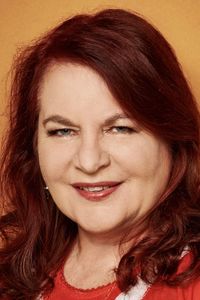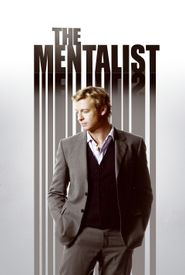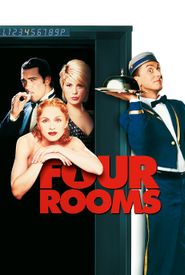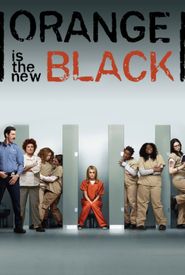Anders weathered a tumultuous childhood and young adult life, which not only nurtured a penchant for escapist character creation but also instilled a deep empathy for strong, yet beleaguered women, a trait that would later become a hallmark of her films.
Growing up in rural Kentucky, Anders would always recall clinging to her father's leg at the tender age of five, as he abruptly abandoned her family. Her early life was marked by frequent travels with her mother and sisters, a nomadic existence that would later shape her worldview.
Tragedy struck when Anders was just 12 years old, as she was raped, and her life would never be the same. The abuse continued at the hands of a stepfather who once threatened her with a gun, leaving an indelible mark on her psyche. A mental breakdown at the age of 15 served as a wake-up call, prompting Anders to re-evaluate her life.
In her late teens, Anders made the bold decision to return to Kentucky from Los Angeles, only to later relocate to London, where she would start a family with the man who would become the father of her first child. Upon her eventual return to the United States, Anders began the arduous process of rebuilding her life.
She enrolled in junior college, later transferring to the prestigious UCLA film school, where she honed her craft and navigated the challenges of motherhood. Her first child arrived during this period, and Anders would soon find herself juggling academic responsibilities with the demands of parenthood.
Anders' fascination with the cinematic works of Wim Wenders led her to bombard the acclaimed director with letters, a correspondence that ultimately landed her a job as a production assistant on his 1984 film, Paris, Texas.
Upon graduating from UCLA, Anders made her feature writing and directing debut with Border Radio (1987),a gritty exploration of the LA punk scene, co-created with two former classmates. Her solo directorial effort, Gas Food Lodging (1992),told the poignant story of a single mother and her two teenage daughters, while her follow-up, My Crazy Life (1993),delved into the world of girl gangs in the Echo Park neighborhood of LA, where Anders had eventually settled.
Throughout her career, Anders has established herself as a deeply personal filmmaker, drawing heavily from her own experiences to craft gritty, realistic, and poignant portrayals of women navigating the challenges of adolescence and adulthood. Her films, marked by a gentle, ambling pace, offer a nuanced exploration of the human condition, one that is both deeply personal and universally relatable.









































